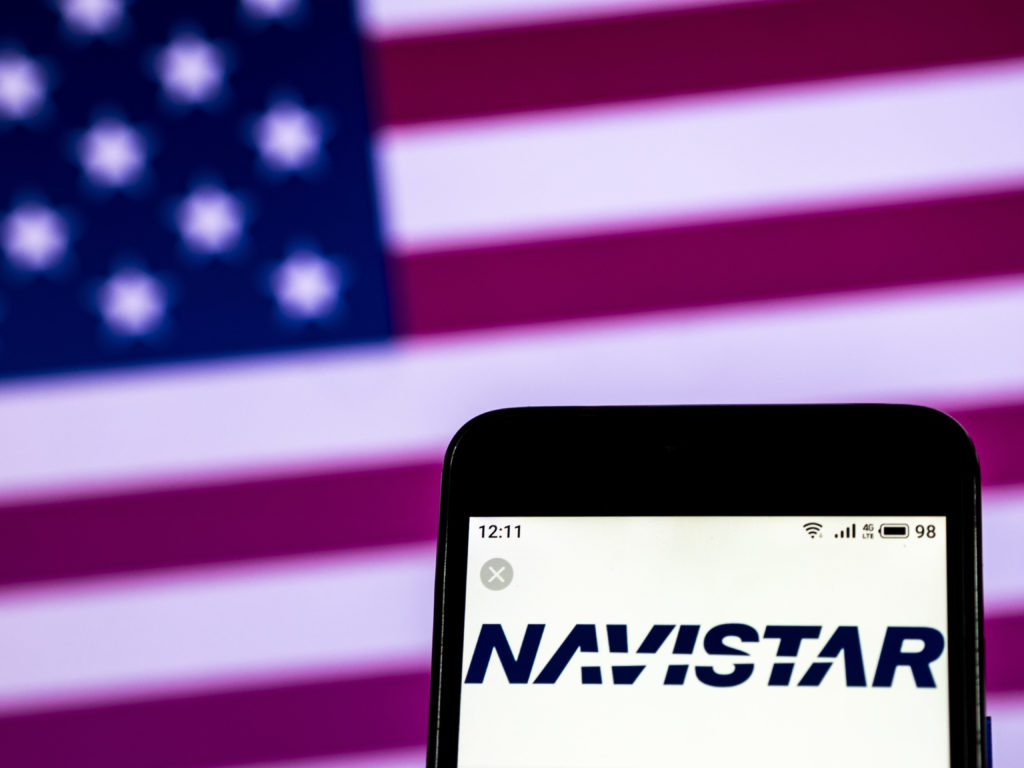
Paccar Inc. is issuing a recall of hundreds of thousands of trucks regarding potential fuses blowing out, leading to dashboards failing to illuminate
The recall notice, posted by the National Highway Traffic Safety Administration, covers 455,458 trucks that were manufactured between January 2007 and March 2018.
According to Paccar, if a blown fuse did take place, the dashboard illumination would fail and prevent anti-lock braking or the control of electronic stability. The fuse could also cause the possibility of a crash to increase if a driver happens to be unaware of the potential problem.
“This recall is an outgrowth of an investigation performed in connection with 18V-368,” said Paccar in its notice. “Further testing showed a larger population of vehicles was affected, and proposed remedies were not effective. A new testing matrix and bench test were developed in September 2018.”
Electronic stability control lights and anti-lock braking systems could fail to illuminate without battery power to the ABS controller. Therefore, those warning lights are not in alignment with Federal Motor Vehicle Safety Standards.
Ways to identify an affected chassis and develop methods of making repairs began as early as the end of 2018. Now, the recall includes trucks with NAMUX software in place which also have the 25% voltage threshold setting in the indicator lamp for the ABS/ESC malfunction.
Additionally, PACCAR had also recalled nearly 86,000 trucks from the 2015 to 2018 model years back in August of 2018, when those particular trucks had similar issues to current models. Those trucks will also need updated software, and the current recall notice includes issues with those models as well.
The solution, according to Paccar, is to update each cab control module’s NAMUX software, which will be done for free.
Paccar said it will begin notifying dealers of this recall starting June 4th, and will notify customers on June 5th.
This recall comes shortly after Paccar began recalling nearly 36,000 of its Peterbilt trucks due to a battery cable electrical short circuit–a malfunction that could potentially lead to underhood fires.
Only around 1% of the 365, 389, 567, and 579 vehicles from the six model years between 2015 and 2020 are suspected of having excessively long positive battery jumper terminal cables. With these lengths, the cables can easily change against the left front suspension spring.
According to Paccar, this chafing can allow the chassis ground to short circuit and create a vehicle underhood fire–which could potentially lead to a major crash.
“The recall population was determined by filtering build records by option code,” said Paccar in a safety report. “The recalled trucks are equipped with a left hand under hood jumper terminal.”
On January 17th, the company found a small underhood fire near the left-hand side rail mounted jump-start terminals. The fire damage was able to be localized to the battery cable area, and no injuries were reported.
After an investigation by engineers, Peterbilt decided to conduct this safety recall on February 27th.
Paccar said it will begin to notify owners and dealers on May 1st, and dealers will start inspecting battery jumper and terminal cables and will replace them, when needed, for free. The jump start terminal cables will be shorter than the originals, and an additional bracket will be added to support cables for certain option content.
On September 30th, a production change took place which began to allow improved jump start terminal cable routings with shorter cable lengths. After this change was implemented, the areas around the front suspension components had increased overall clearance.
Additionally, in the wake of COVID-19, Paccar announced it would be suspending trucking and engine production throughout its worldwide factories until at least April 6th, which was the first announcement from a truck manufacturer affecting the American heavy-duty market.
Paccar is currently the second-leading U.S. truck maker, according to retail sales data, and said its reasons for shutting down include customer demand changes and concerns for the overall global economy due to the coronavirus pandemic.


